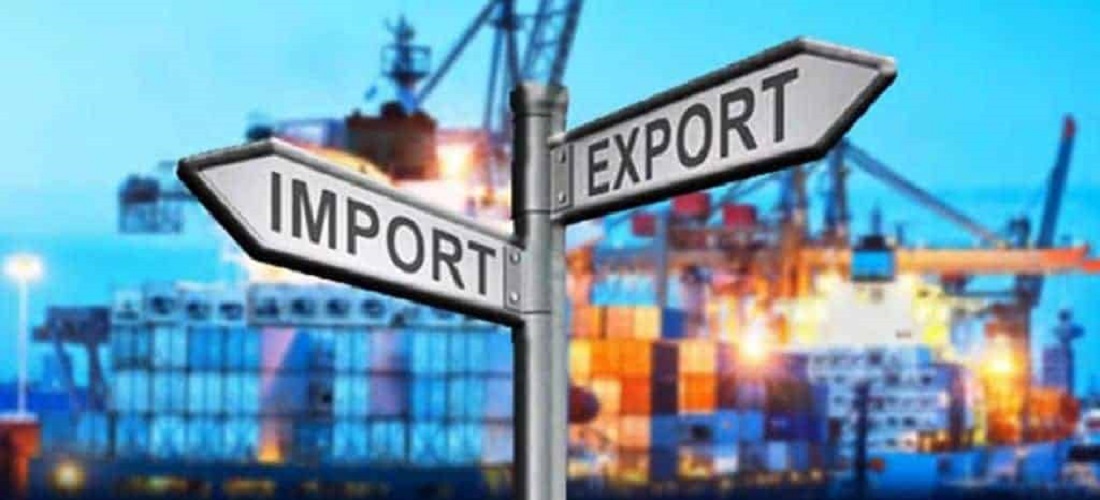
Brazil extends exports drawback for another year
Jun, 13, 2022 Posted by Gabriel MalheirosWeek 202224
Jair Bolsonaro, the president of Brazil, sanctioned, on the 8th, Law nº 14.366, allowing the exceptional extension, for another year, of the term in which Brazilian exporters can run drawback-related operations (exempting and suspending taxes on materials used in the fabrication of exports). The extension of deadlines aims to aid in the internationalization of export-oriented products while mitigating the effects of the current global crisis.
“Given the continuity of the effects of the Covid-19 pandemic on the global economy – particularly supply chain effects, which have recently been exacerbated by the military conflict in Ukraine – the extension of the deadline for complying with the drawback regime is fundamental to avoid negative repercussions for Brazilian companies that carry out exports,” said Lucas Ferraz, the Ministry of Economy’s Secretary of Foreign Trade.
According to the Secretariat of Foreign Trade (Secex), in 2021, US$ 61 billion were exported under the drawback mechanism, representing 21.9% of total foreign sales in Brazil in the period. The term extension authorized by the new law was initially presented by the federal government through Provisional Measure No. 1,079, of December 14, 2021, and covers both the concessionary acts of drawback expiring in 2021 and those valid until 2022.
Exemption on imports
With the new law, the AFRMM charge levied on imports of inputs is to be exempted. To secure that the country will meet its fiscal responsibility regulations, the measure will take effect on January 1, 2023.
The Federal Government used to grant exemptions to AFRMM collection on goods imported under the drawback regime. However, the official understanding changed, and the tax began to be levied after mid-2018.
Now, the new sanctioned law solves the problem of discrimination and tax inconsistency between the different drawback regimes by re-establishing the harmonization of the AFRMM exemption treatment. The measure increases the external competitiveness of Brazilian companies by reducing the acquisition cost of items used to produce goods that will be exported.
Secex data show that the number of companies using the drawback exemption is growing, from 332 in 2015 to 696 last year.
Origin investigation
The sanctioned law also revokes article 38 of Law No. 12,546, of December 14, 2011, which regulated the granting of an import license in operations subject to investigation of non-preferential origin.
According to the article, the license would only be approved after the investigation is concluded, which occurs when there are suspicions of importers making false declarations of the country of origin to avoid the payment trade defense conditions imposed by the Brazilian government, such as anti-dumping duties.
The revocation was required to conform to the Business Environment Law (Law No. 14,195, of August 26, 2021), which eliminated the requirement for an investigation and strengthened the application of penalties in the case of illegal activity.
-
Fruit
Jan, 13, 2023
0
China port opens direct shipping route for Chilean cherries imports
-
Other Cargo
Oct, 03, 2024
0
Brazil begins new phase of cotton exports with inspection
-
Ports and Terminals
Jun, 24, 2020
0
BNDES receives seven proposals for technical advice on privatization of Santos and São Sebastião
-
Ports and Terminals
Jul, 23, 2021
0
Northern SC to gain a new port

